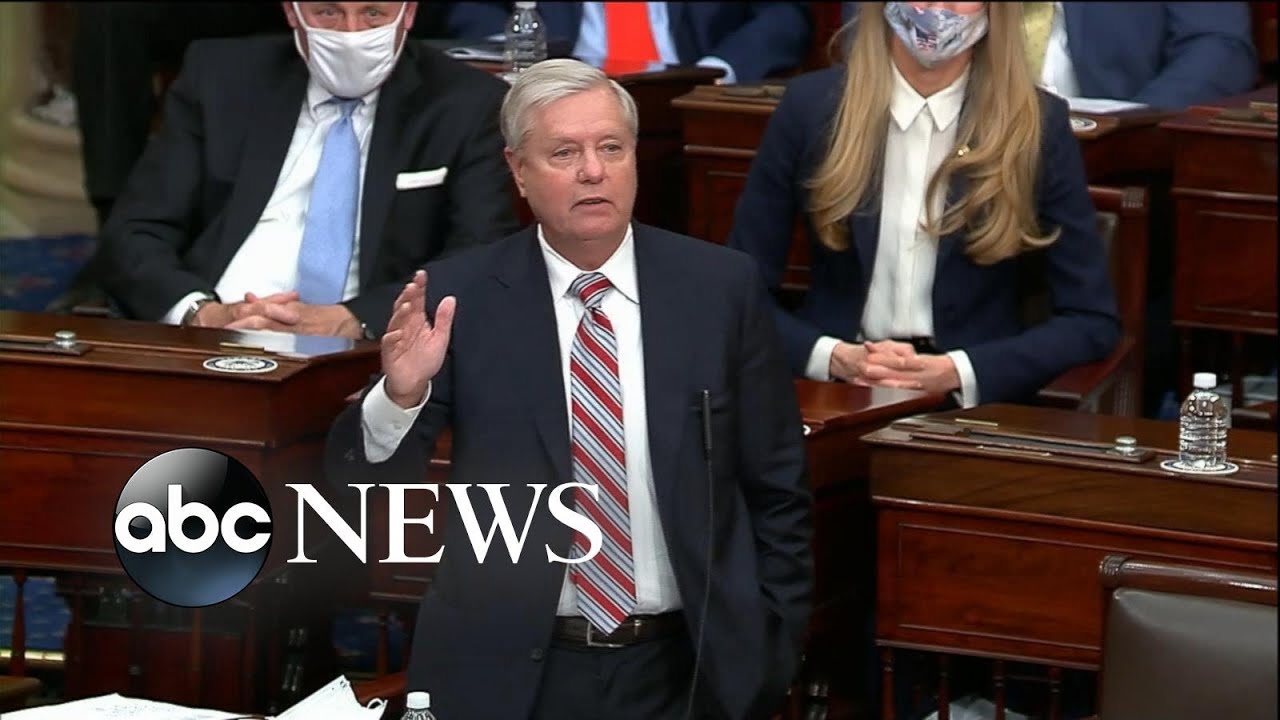In today’s world, the polarization in politics makes it seem like both politics and the daily news are filled with nothing but conflict and drama. Everyone is expressing their opinions, especially on social media.
Is it even possible for Americans to agree anymore? Political discourse in the U.S. has frequently become a source of division and debate over the past few years, with people having difficulty coming to a consensus on a wide range of issues. The worst of it began after the 2016 election.

Polarization in Politics
The political climate in the United States has grown increasingly heated and divisive. The polarization between parties has dug deep into many conversations, leaving little hope of resolution among voters on either side of the aisle. This leads to an atmosphere where, instead of finding ways to cooperate and move forward, citizens often have entrenched opinions that block progress at every turn. The senior members of Congress also have opinions that will never change.
With so much tension in politics today, it can be difficult for Americans to come together for the common good. This post looks into some of the major factors contributing to this state of discord and provides viable solutions that could help begin the process of bringing the country closer together again.
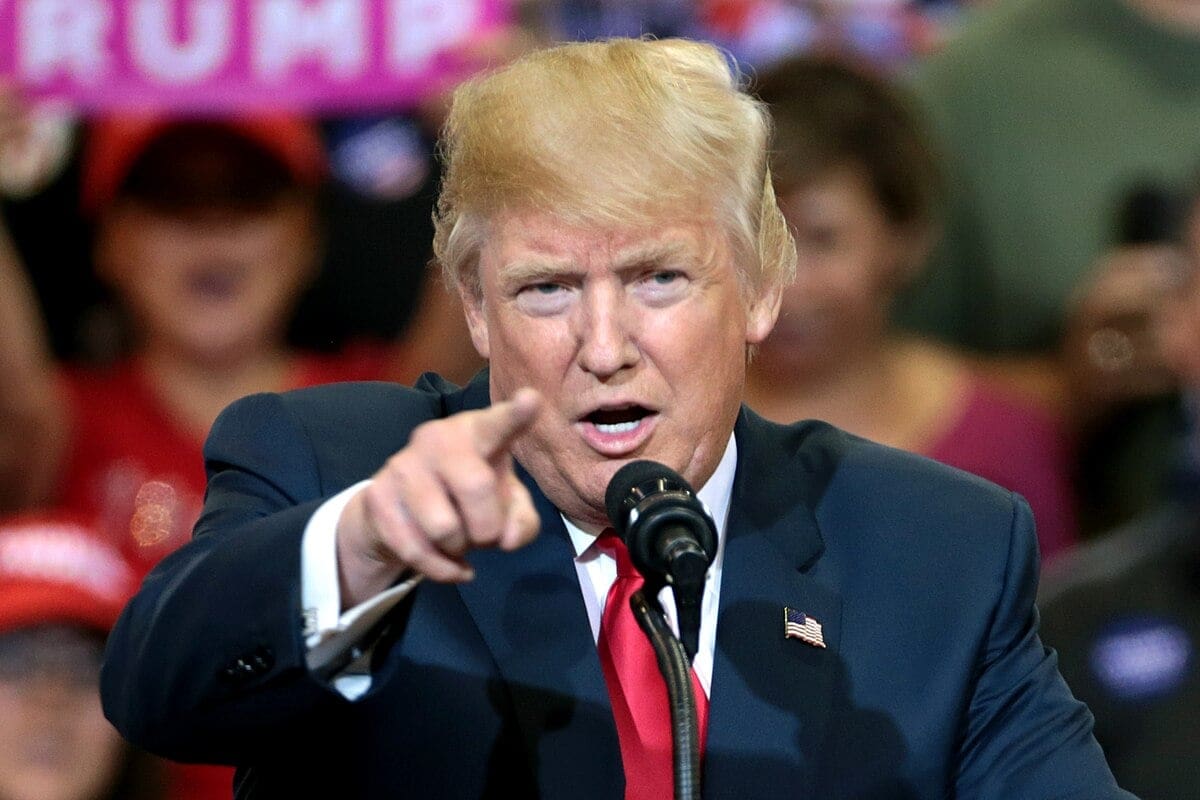
What Does Polarization Look Like?
The polarization of American politics has been a growing trend over the past two decades. According to Pew Research surveys, the number of Americans in the “tails” of the ideological distribution has doubled from 10% to 21%, while those in the center have shrunk from 49% to 39%.
This shift is due to both Democrats and Republicans moving further away from each other ideologically, with 92% of Republicans now being to the right of the median Democrat compared with 64% twenty years ago.
This polarization has had a significant impact on American politics, making it increasingly difficult for politicians from different parties to come together and find common ground on issues. (It also affects our health!) It means voters are more likely to be presented with starkly contrasting choices at election time, as candidates become more ideologically extreme in order to appeal to their respective bases. As this trend continues, it will be interesting to see how it affects our political landscape in the future.
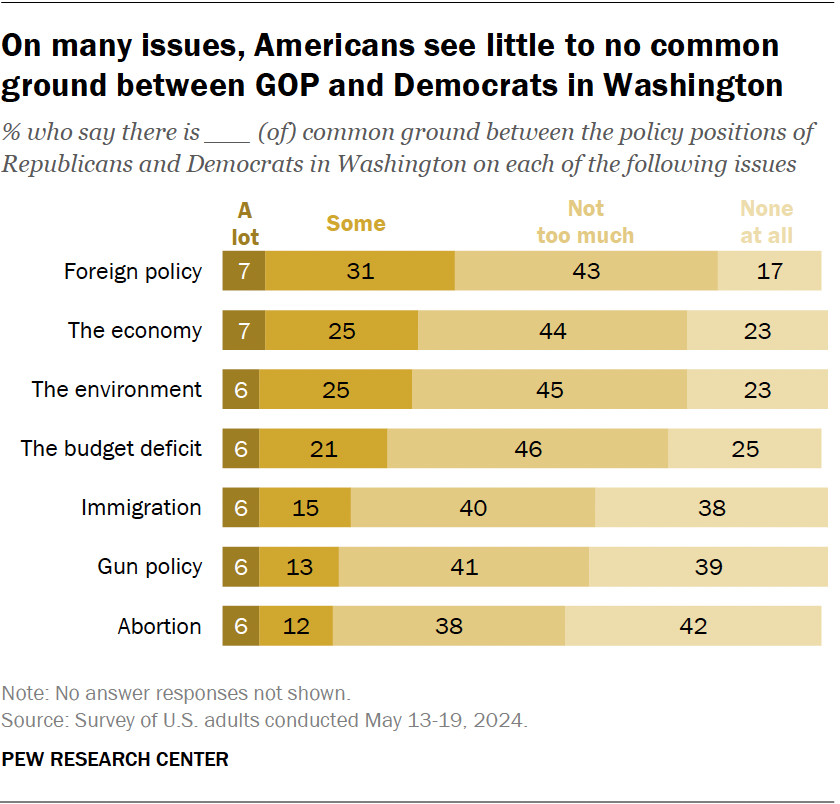
Which areas are causing the most polarization in politics today?
Climate change

Climate change has become an incredibly polarizing topic over the last decade. On one side, you have those who believe that human-caused climate change is real and urgent, acknowledging that it’s necessary to take drastic action in order to stop irreversible damage to our planet. On the other hand, there are people who question the validity of climate science and advocate for less stringent practices which prioritize economic concerns over environmental ones.
Fossil fuel companies have had a large part in damaging our planet, yet they continue to advocate for less strict regulations when it comes to protecting the environment. Corporations in general prioritize money over the environment which drives their contributions (bribes) to members of Congress who can make changes to those regulations. The Supreme Court’s decision that corporations are people, meaning they are protected by the First Amendment, and that money is “speech,” brought about the downfall of democracy.
Our Representatives in Congress are supposed to represent the constituents in their district—voting for legislation that would improve their lives and voting against anything that would harm them.
That’s how our government is supposed to work, but ever since SCOTUS legalized bribery in politics, our Representatives have worked for their donors—not their constituents.
Immigration
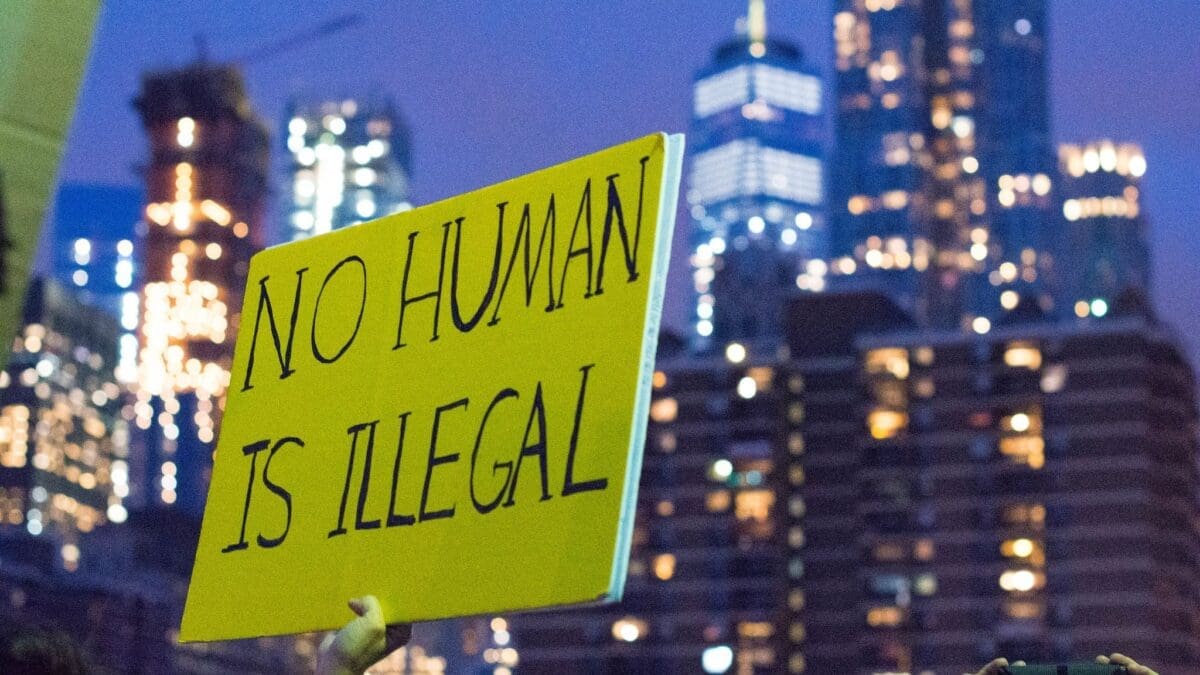
Immigration has always been a contentious issue but it has only gotten more polarizing over time. Those who support more open immigration policies argue that it boosts economic development as immigrants often fill important labor gaps as well as introduce unique cultural elements into the country. Those against more lax immigration policies are concerned with security risks posed by irresponsible vetting procedures, increased crime rates, and pressures on public services in certain areas brought on by an influx of migrants.
Healthcare
The debate surrounding healthcare centers around universal access versus personal choice and responsibility when it comes to health insurance. Some people view the country’s decision to tie health insurance to employment as a way to insure the “cogs in the wheel” work for as long as possible to continue to have access to health insurance.
Supporters of universal healthcare believe that everyone should have access to adequate medical treatment regardless of income or socio-economic background. They see healthcare as a basic human right, not an optional luxury.
In 2024, the country’s dissatisfaction with the healthcare industry in this country reached a boiling point when Luigi Mangione assassinated the CEO of United Healthcare Insurance. The country was, for the first time, not polarized when it came to how they felt about the healthcare system. People online united over their celebration of what Mangione had done. Its wrong to celebrate murder, even when it’s someone you dislike. But celebrating the conversation and topic it brought to the forefront is worth celebrating.
About 45,000 Americans die every year because they don’t have health insurance coverage. People are beginning to notice how that seems impossible in the richest country in the world.
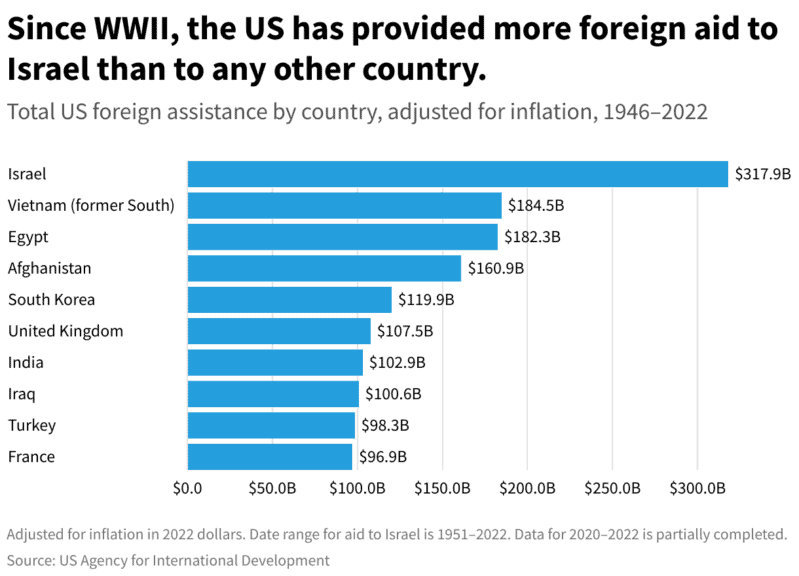
Opponents maintain that personal responsibility is more important when managing one’s own healthcare needs and in creating a sustainable healthcare system for future generations. It’s difficult to understand a position that hurts fellow men. Then again, Progressives are often mocked for having compassion and empathy for others.
It’s important to look at the two biggest myths about universal healthcare to “arm” readers with the “ammunition” required to push back on these false narratives.
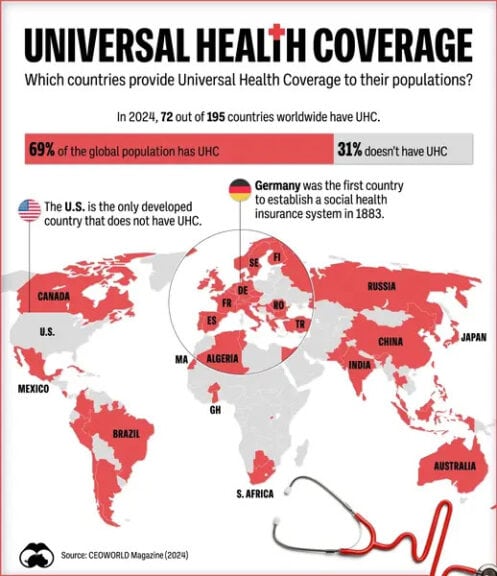
Medicare for all is too expensive: Not true. In fact, it would save billions compared to the amount currently spent on healthcare. About $450 billion each year. Remember, politicians are paid a lot of money by the healthcare industry and drug manufacturers to keep the current healthcare system in place because it’s making their shareholders rich.
It just doesn’t work: 73 developed nations provide some form of universal healthcare for their citizens. Israel is one of them. Ask your Representative why we send billions in aid to a country that can afford the “too expensive” universal healthcare system (and paid family leave). These nations are making it work somehow.
In the end it comes down to the priorities of Congress. There’s never mention of not having enough to give the defense department almost a trillion dollars. Especially considering they recently failed the 7th consecutive audit, unable to account for billions of dollars in funding. “You lost billions of dollars in funding we sent you? That’s okay! We’re giving you even more this time!”
Taxes and Social spending
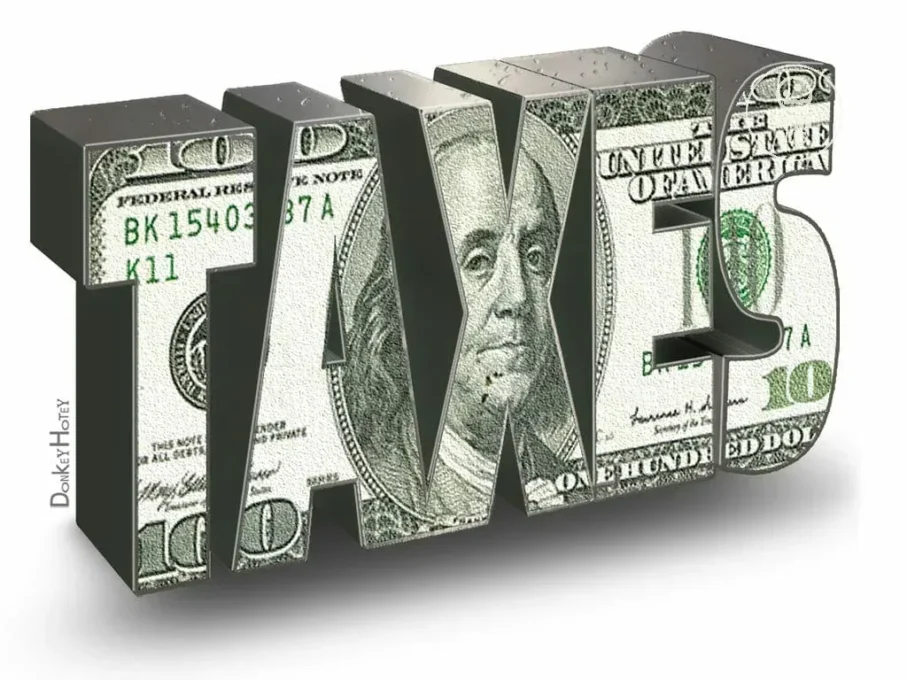
Tax reform has been a major headache for many governments around the world as they attempt to figure out ways of balancing their budgets without unduly punishing their citizens or businesses at the same time. The general argument seems to center around how progressive taxes should be vs how equitable they should be – should high earners pay more than lower earners in order to fund public services or should everyone contribute equally?
This debate often gets highly politicized when it comes down to how tax reforms will affect specific households, resulting in large disagreements between political groups over tax reform packages proposed by either party in power. Tax cuts for the rich have been one major cause of the polarization in politics.
It’s not a secret that Republicans cater to the wealthy and their corporate donors any time there’s a Republican President in office. Trump added trillions to the deficit when he gave a huge tax cut to the rich during his first term. He has promised his billionaire friends and fossil fuel executives that he will not only be extending those tax cuts, but he plans to make them permanent this time.
On the other side of the aisle, Bernie Sanders and other Progressives in Congress have continuously pushed for tax laws that make the richest people pay their fair share (meaning an amount that is representative to the money they earn). When they take advantage of the loopholes and tax cuts, someone who made billions could end up paying $0 in taxes. That places the burden on the working class and poorest among us to make up that lost tax revenue—paying 24.2% (2023) of the amount earned from hard work.
It’s easy to see why the two major political parties are at odds on this issue. It has definitely caused some of the polarization in politics. There are voters who feel it’s unfair and who believe billionaires shouldn’t get to avoid paying into the system and causing the rest of the population to shoulder the burden.
Voters on the other side of the tax debate don’t necessarily believe that the system is great, they just don’t agree that corporations and wealthy individuals should pay more just because they made more money (even though that’s how the rest of the country pays taxes!)
Gun control

The debate surrounding gun control laws often evokes some of the strongest emotions both online and off due in large part to its connection with patriotism and civil liberties. As this topic enters public forums more often due to mass shooting events, so too has it been met with intense pushback from Republicans, who are against limiting citizen ownership of guns in any capacity.
There is common ground to be found here, but it requires discussion and patience. Remind gun reform opponents of the assault weapons ban in place for a decade. It was signed into law in 1994 but was only meant to remain in effect for 10 years. The polarization in politics and the Republican party’s move further to the right both contributed to Congress’ inability to extend the ban.
Provide your debate opponent with data showing how the ban affected instances of gun violence and mass shootings. Most of all, remind them that they didn’t die or suffer in any way during the time the ban was in place. Calm discussion without attacks could make it possible to find agreement on another ban. It’s something!
Those are just a few of the many polarizing topics in our politics today. So, how can we possibly begin to fight this and come together again?
5 Ideas to Reduce Political Polarization–Saving America from Itself
Promote Conversation Instead of Conflict
It can be easy to jump into debates on social media or with friends, only to find our conversations quickly turning heated. We need to strive for more meaningful and productive dialogue around the issues we care about instead of attempting to score points by “winning” arguments. Find ways to have respectful conversations that don’t shut down your opponents, but instead aim to build connections between people with different viewpoints.
With the assassination of a health insurance company CEO causing strong opinions on media over how people should be reacting, there is something we should pay attention to. Democratic and Republican voters agree on more than we think. MAGA is made up of groups among the base that go from extreme and conspiratorial to the average conservative.
A new group has emerged that believes in populist economic policies, they are anti-war, and they aren’t rabid racists and/or “transphobes.” The assassination has united populist MAGA and progressives in a fight against our current healthcare system. A system that results in 45,000 deaths each year and a lifespan that is 4 years shorter compared to someone living in a country with universal healthcare.
“Populist MAGA” also hates corruption and money in politics. They want to cut the amount we spend on defense, and they don’t want the country to start new wars or get involved in foreign wars. They don’t like the elite, billionaire class that takes advantage of the average worker either. In 2025, President Trump will have the wealthiest administration in history with his nearly all-billionaire “cast.”
Dispel Misinformation With Facts
Misinformation is rampant today, especially in politicized spaces online where people are often too unwilling or unable to challenge their own beliefs. Arm yourself with facts and do what you can to dispel misinformation whenever you encounter it. This could include looking up sources that support or refute false claims being made, engaging in debates respectfully, or even just sharing articles or studies on social media that help clarify things for others. We’ve seen X move closer to the right with Elon Musk’s support of Donald Trump in the 2024 election and his push to show right-wing content on user’s feeds—even when they aren’t interested in politics.
Elon posted a lot of misinformation during the 2024 election campaigns. This included deep fake videos of Democratic candidate Kamala Harris saying things she had never said.
Broaden Our Media Sources
The news outlets we follow can significantly influence our views about certain topics––think about how much more nuanced an issue might appear if you chose a source from across the aisle! Broaden your sources by reading both mainstream and alternative perspectives from different media organizations. It will help to develop an understanding of how both sides see issues affecting the public ––without sacrificing your political viewpoint and values.
People are in stuck in media bubbles where they only consume news sources and online content that aligns with their beliefs. Fox News is guilty of spreading lies and misinformation, but legacy media is biased as well. They’re owned by corporations—so of course they are pro-corporate in the way they frame topics.
I personally listen to conservative radio in the car to learn what they’re saying about current events. It mostly just makes me angry and I end up yelling and swearing alone in my car. But it also helps me to understand why people vote the way they do or why they believe certain things. Listening rarely causes me to take a closer look at why I have certain perceptions or actually agree with Republican voters, but it has happened. —Zany Progressive
Listen More Than We Speak
In order for meaningful conversations about controversial subject matters to take place without animosity, we need to focus more on listening than speaking—only then will we truly understand the opinions of our political opponents. True understanding of each other relies on open-mindedness instead of stubbornness and closed-mindedness. Everyone certainly has something valuable they can contribute when voicing their opinion in a dialogue. Take the time to listen and try to understand other perspectives.
Validate Our Own Worries and Opinions—Not Others
When validating worries and opinions, stick with those within your own circle first (this applies not only in politics but in life in general). At the same time, be honest with yourself about any potential biases you may have and try not to alienate others by criticizing them because of unsubstantiated assumptions—instead, think about where valid criticism is warranted, don’t approach every conversation prepared to criticize the other person unjustly. This requires making decisions based on data-backed evidence rather than one’s beliefs that come solely from our personal feelings on a topic.
The issues listed are only a few of (unfortunately) many things we are unable to see eye to eye on. Though a new group of Trump supporters share some of our same goals when it comes to corruption and the fight to get money out of politics.
The list of ideas on how to begin to resolve our issues is brief as well—but it’s a start! If we could just sit down and have real, honest conversations, I think we’d realize that we aren’t necessarily as polarized as we think.
The Problem
As mentioned earlier, misinformation is rampant, and government officials aren’t being honest with their voters. In fact, it isn’t easy to have a discussion because of what some of the Republican politicians are telling their constituents. Conspiracy theories and outright lies about January 6th and COVID, for example. If we can’t agree on one single set of facts, how can we possibly have a conversation?
Another factor causing the polarization in politics is the way the other side is being told to view us—the “radical left” are labeled “the enemies from within.” Fox News hosts constantly repeat the lie that “The Democrats hate you and want to destroy your life.” Those lies and the belief that when Democrats are in power, they are destroying the country and “importing Democratic voters” across the Southern border are meant to widen the distance between us.
The most important thing we need to remember (and remind others of) is that the government and corporations both engage in petty culture war debates (DEI, woke, the transgender bathroom debate) to keep us occupied while they do things we don’t want, like funnel money to their rich buddies and engage in insider trading. While we’re busy arguing about things that have no meaningful impact on our lives, they’re busy doing things that will make our lives harder.
They know that if we all came together and fought back, we would win. Keeping us apart is intentional. If everyone could see what’s really going on, we could end the pointless fighting and fight the establishment instead. We are all on the same team—the American people.
Optimism?
It can be difficult to find even the smallest thread of hope to grasp onto that someday the polarization in politics will subside and we’ll see other as fellow Americans again. Until the pundits and media lying to Republican voters stop, and the hatred they’ve been taught to feel for the “left” is forgotten, the country is still a powder keg waiting to explode in another January 6th-like event.
The only way I see this ending is if the Republicans in power, the right-wing media, the conservative pundits (but mainly Donald Trump himself), would come out together and tell the truth. Chances of that happening? Close to zero.
My opinion: It’s going to take the “chickens” coming “home to roost” before they’ll admit the error of their ways. Remember Lindsay Graham immediately after the attack on the Capitol on January 6th? He was ‘shook’ after witnessing what they had created with their lies about the 2020 election. So shook that he said ‘I’m done. I’m out.’
What do you think? Is their any hope of us uniting again? What will it take?



